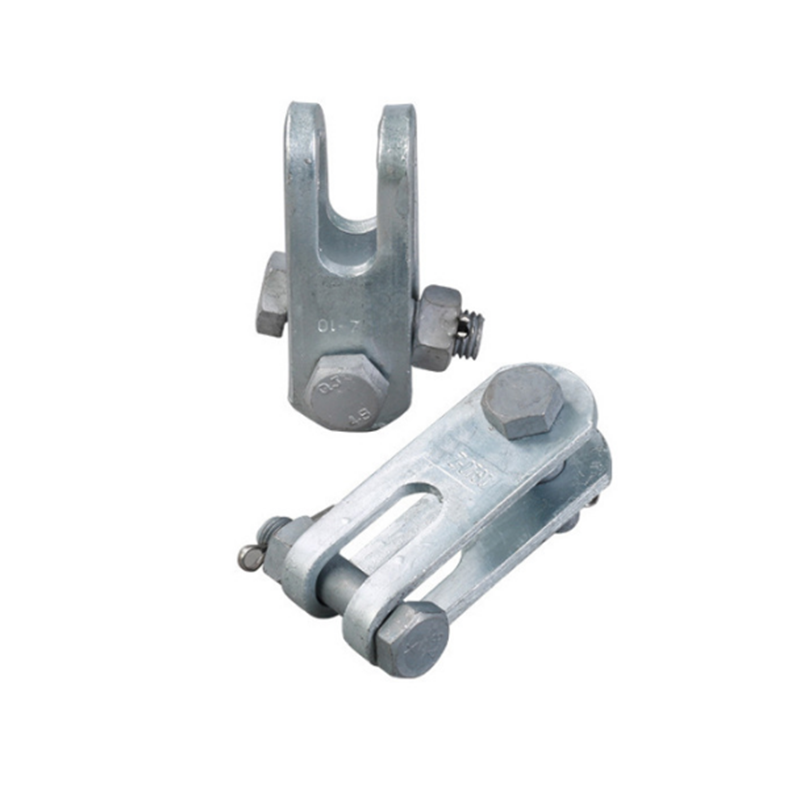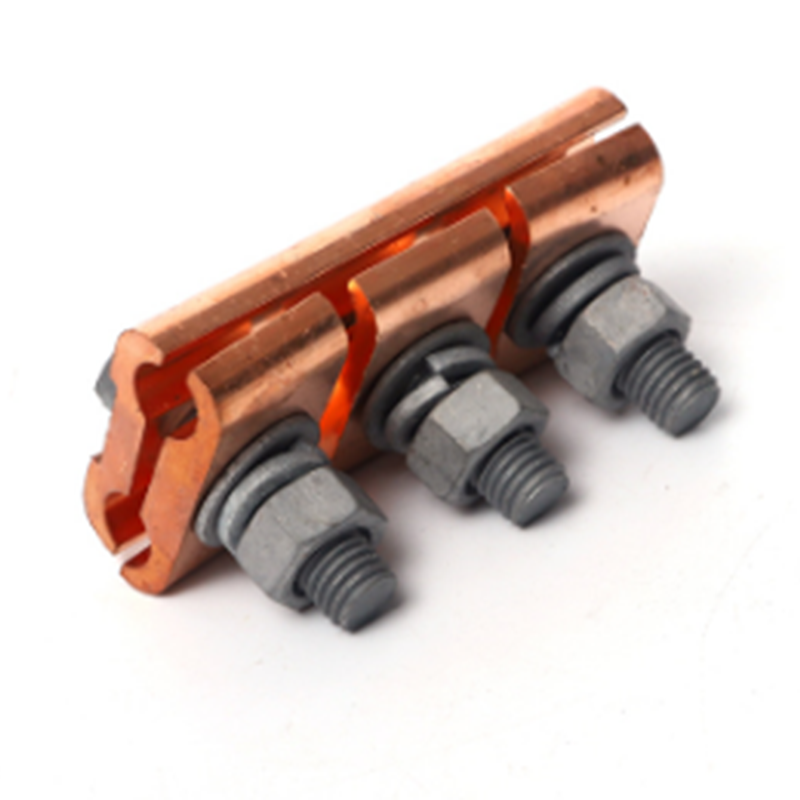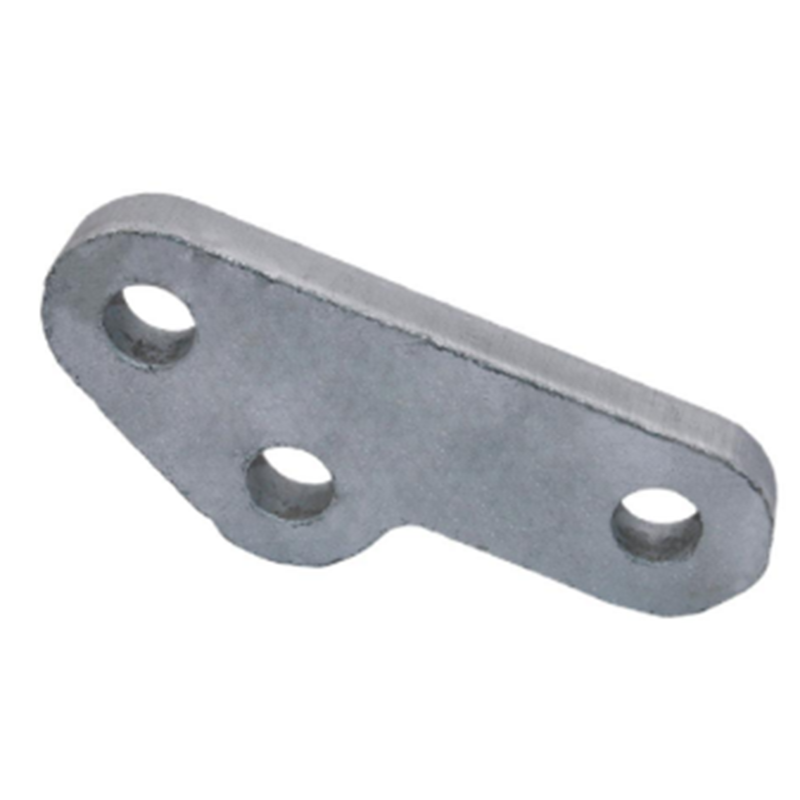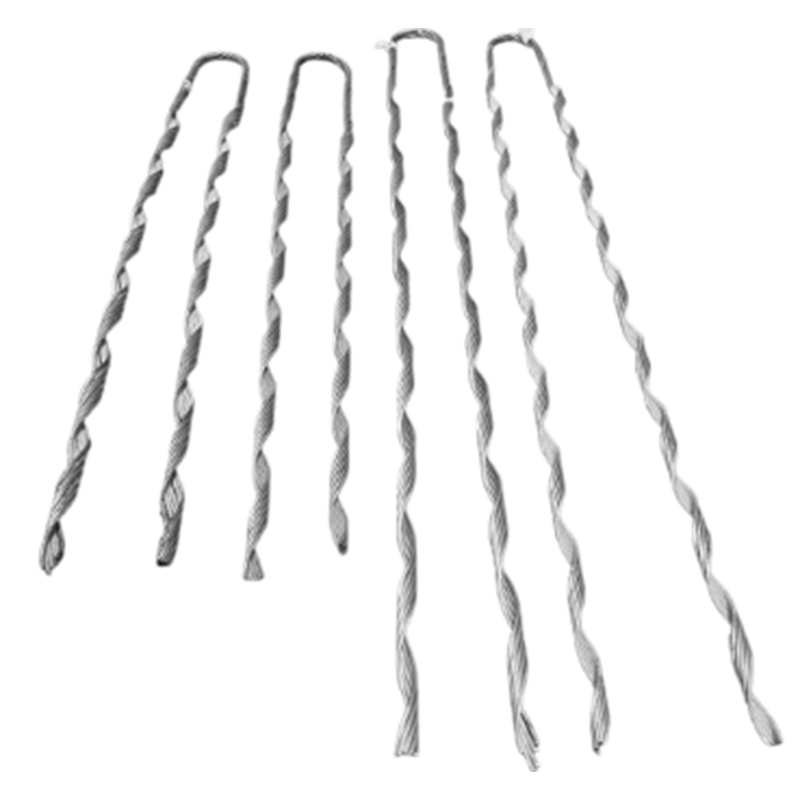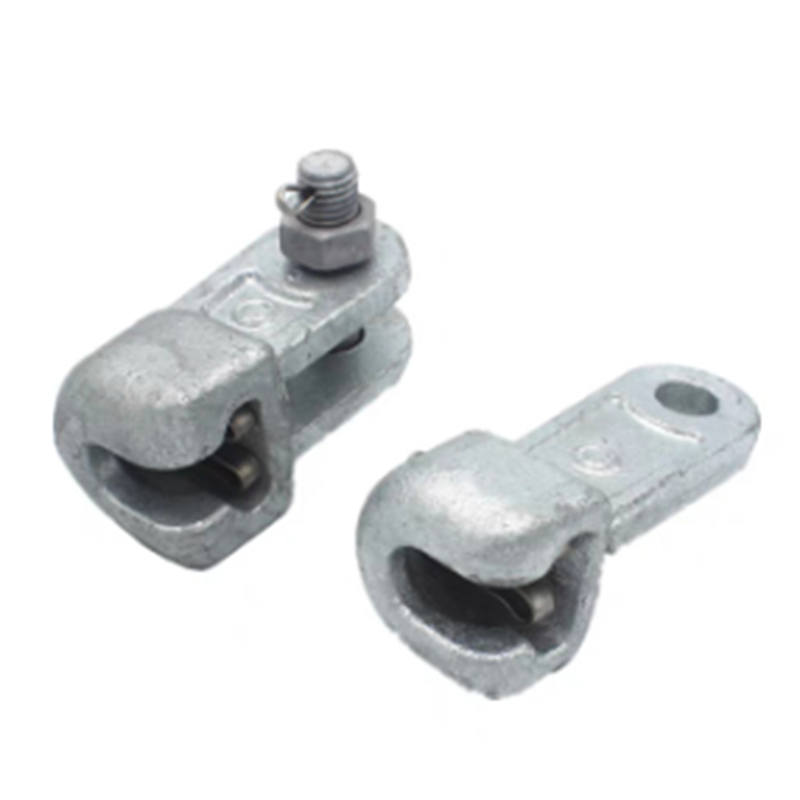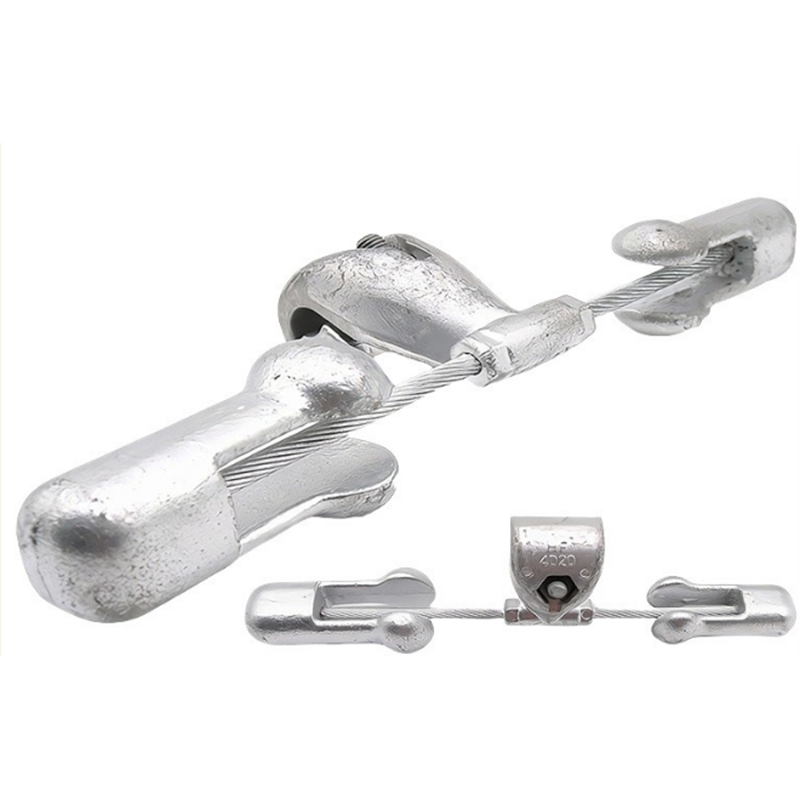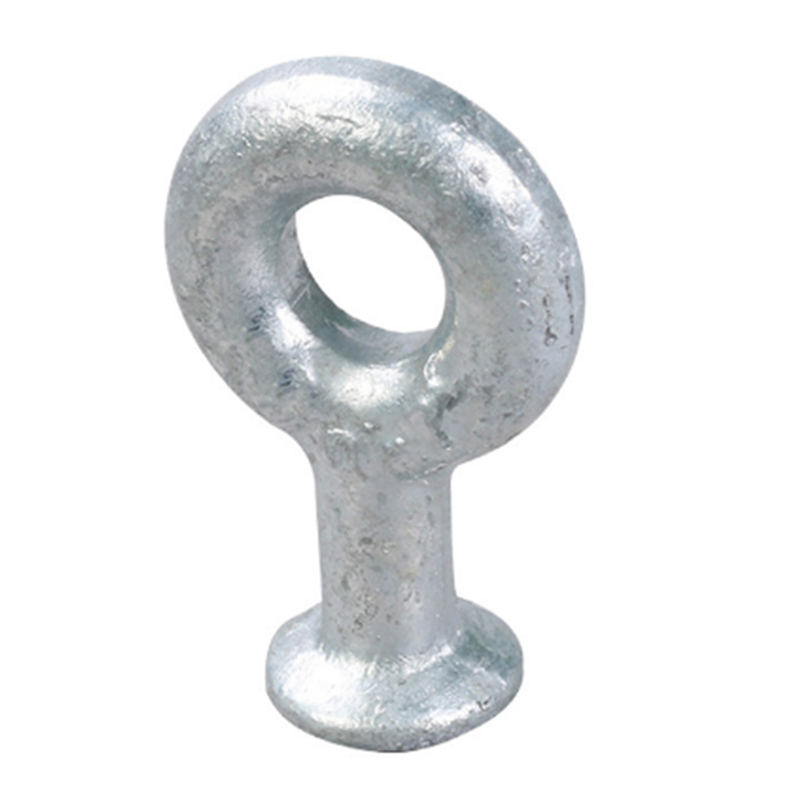- Chinese
- French
- German
- Portuguese
- Spanish
- Russian
- Japanese
- Korean
- Arabic
- Irish
- Greek
- Turkish
- Italian
- Danish
- Romanian
- Indonesian
- Czech
- Afrikaans
- Swedish
- Polish
- Basque
- Catalan
- Esperanto
- Hindi
- Lao
- Albanian
- Amharic
- Armenian
- Azerbaijani
- Belarusian
- Bengali
- Bosnian
- Bulgarian
- Cebuano
- Chichewa
- Corsican
- Croatian
- Dutch
- Estonian
- Filipino
- Finnish
- Frisian
- Galician
- Georgian
- Gujarati
- Haitian
- Hausa
- Hawaiian
- Hebrew
- Hmong
- Hungarian
- Icelandic
- Igbo
- Javanese
- Kannada
- Kazakh
- Khmer
- Kurdish
- Kyrgyz
- Latin
- Latvian
- Lithuanian
- Luxembou..
- Macedonian
- Malagasy
- Malay
- Malayalam
- Maltese
- Maori
- Marathi
- Mongolian
- Burmese
- Nepali
- Norwegian
- Pashto
- Persian
- Punjabi
- Serbian
- Sesotho
- Sinhala
- Slovak
- Slovenian
- Somali
- Samoan
- Scots Gaelic
- Shona
- Sindhi
- Sundanese
- Swahili
- Tajik
- Tamil
- Telugu
- Thai
- Ukrainian
- Urdu
- Uzbek
- Vietnamese
- Welsh
- Xhosa
- Yiddish
- Yoruba
- Zulu
- Kinyarwanda
- Tatar
- Oriya
- Turkmen
- Uyghur

Full thread bolts
Understanding Full Thread Bolts: Lessons from the Field
Full thread bolts — seemingly simple components, yet they hold together countless structures. But what's the real story behind these little pillars of engineering? Let’s dive into what makes them tick and what you might overlook if you're not careful.
Why Full Thread Bolts Are Essential
In practice, full thread bolts are often taken for granted until they fail. They excel in applications where maintaining alignment is critical. The full threading offers more grip along the length, which sounds straightforward but involves more than meets the eye.
In my experience, these bolts are crucial when dealing with materials that need consistent pressure distribution. This isn't just theoretical; missteps can lead to disastrous consequences, as I’ve seen firsthand on a few projects. Aligning surfaces properly can make or break a build.
Interestingly, some people default to using full thread bolts in all scenarios. This isn't always optimal. Their strength is undeniable, but it’s crucial to understand the specific requirements of your project before defaulting to them.
Material Matters
At Shengfeng Hardware Fastener Factory, located conveniently near National Highway 107, we manufacture a variety of fasteners, including full thread bolts. Each material interacts uniquely with the bolt’s threading.
Different materials imply different stress distributions. For instance, using a full thread bolt in softer materials often requires larger washers to prevent the bolt from digging in too deeply. I had a client who didn’t heed this recommendation, and the bolt eventually stripped the wooden beam — not an easy fix.
Strong bolts need equally strong materials. Choosing an incompatible material pair can result in premature wear and a weakened structure. It sounds obvious, but you'd be surprised how often this is overlooked.
Choosing the Right Finish
Corrosion is another aspect worthy of consideration. Particularly where environmental factors play a role, selecting the right finish for your full thread bolts is imperative. Coastal environments, for example, scream for galvanized or stainless finishes.
During a past venture, an outdoor installation used standard bolts which quickly rusted — a costly oversight. Now, I never break ground on a project without explicitly discussing environmental conditions and suitable finishes.
Shengfeng Hardware Fastener Factory offers a range of finishes tailored to meet these specific needs. It’s always preferable to ask questions up front rather than deal with the fallout later.
Installation Best Practices
Installing full thread bolts isn't just about drilling a hole and tightening a nut. The alignment should be near perfect to avoid unnecessary stress distribution, which can lead to bolt failure.
One effective measure is always pre-drilling pilot holes. Sounds basic, sure, but skipping this step can bend the bolt and skew the threading. I've learned the hard way; it’s a step that saves time in the long run.
Torque is another aspect that cannot be overemphasized. A torque wrench should be a staple in your toolkit to apply consistent tension, avoiding either over-tightening or under-tightening.
Real-world Challenges
No matter how careful the planning, each project offers its own set of challenges. The variations are endless — from unexpected material interactions to the bolts themselves deviating from specs due to manufacturing variations.
Sometimes, despite all efforts, bolts just don't fit perfectly. Adjustments on site might be necessary, and flexibility can often save the day. It's something that only becomes apparent through hands-on experience.
For anyone serious about their craft, staying adaptable and observant is key. Full thread bolts are not simply components; they’re critical elements that demand respect and understanding.
It's all in the details. That's why factory representatives like us at Shengfeng Hardware Fastener Factory are always available for consultations at our website. There's no substitute for drawing on seasoned insight to guide your choices.
Соответствующая продукция
Соответствующая продукция




